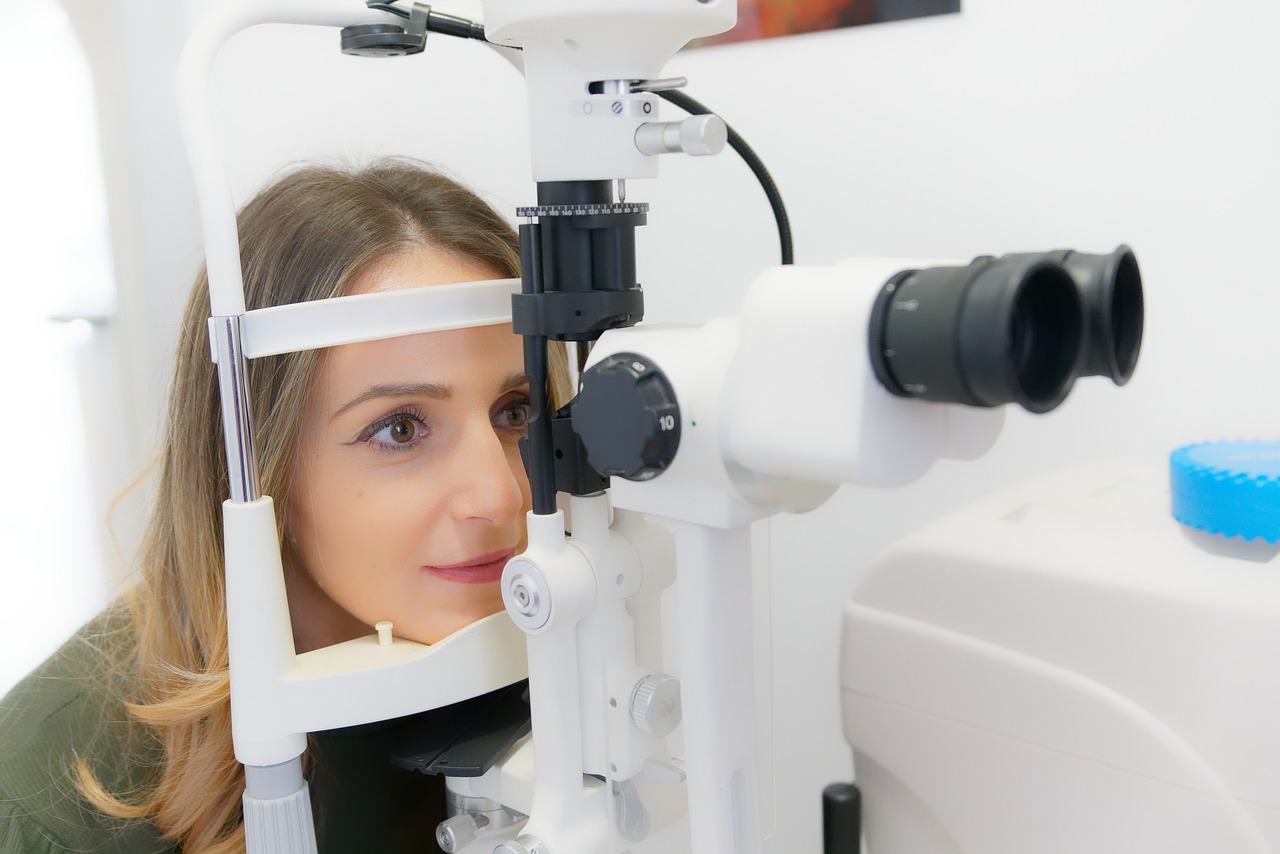An optometrist is a skilled health professional, qualified to carry out sight tests, identify eye health problems, prescribe glasses and contact lenses and treat some eye conditions.
1. Make a difference
Optometry is a rewarding career, where you can make a real difference to people’s lives. You’ll diagnose sight problems and identify health issues, perhaps even saving someone’s sight.
2. New technology
Scientific and medical developments make this an exciting field. For instance, did you know it’s now possible to slow the progression of short-sightedness – myopia – in children, using special contact lenses or spectacles?
3. Teamwork
Optometrists work in multidisciplinary healthcare teams, mainly in community practice or in hospitals. You will liaise closely with dispensing opticians who advise on, fit and supply the most appropriate spectacle frames and lenses for each individual but also work with optical assistants, receptionists, practice managers, sales reps and more.
4. Opportunities to progress
You could specialise in areas such as contact lenses, sports, working with children or low vision – caring for people who are blind or partially sighted. Or perhaps concentrate on diseases such as glaucoma or diabetes. Another option is to study for a master’s degree in optometry, potentially leading towards a career in research . Or you could pursue further training to become an independent prescriber, advising on medicines for eye health problems.
5. Financial rewards
Starting salaries are around £35,000, rising to £70,000 or more with experience. You could be promoted to senior management. This is a career where you can really progress.
6. Be your own boss
Many optometrists run their own businesses. You can set up from scratch, take over an existing practice or work with a company that offers franchises or other support, where you benefit from their expertise.
Find out more

